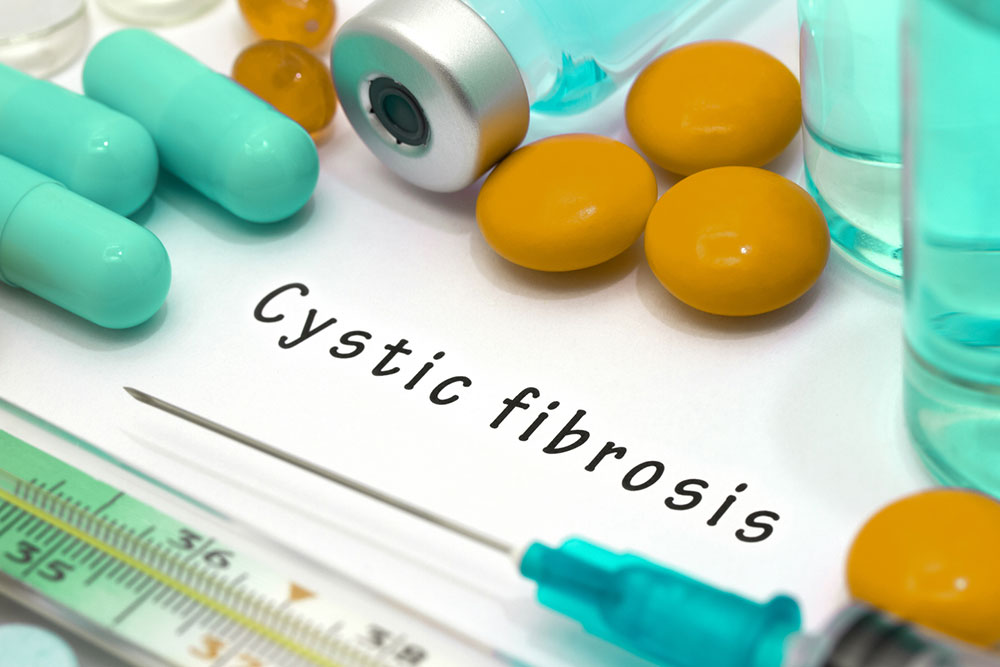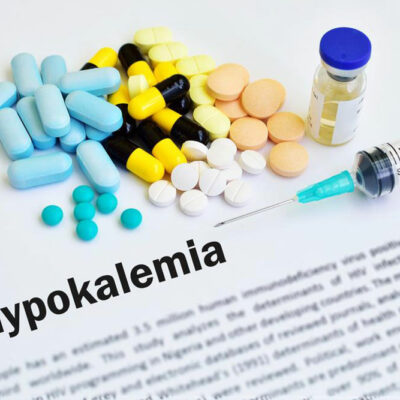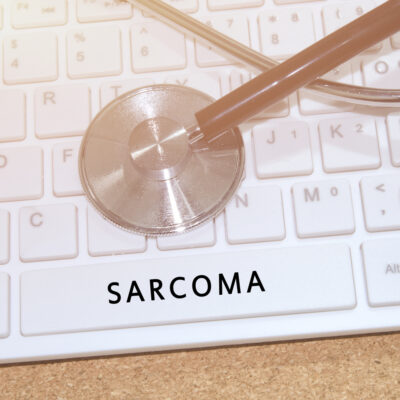
Treatment options for cystic fibrosis
There is no cure for cystic fibrosis but the treatments available help to provide relief from the symptoms and reduce the risk of complications. Managing cystic fibrosis is complex, so try to obtain treatment from a center where doctors and nurses are trained in treating patients with this condition. Doctors must work with a multidisciplinary team of nurses and specialists to provide the best care to a patient.
The goals of the treatment are to focus on:
- Preventing and controlling lung infections
- Preventing intestinal blockage
- Removing and diluting the mucus from the lungs
- Providing sufficient nutrition to the patient
Treatment options for cystic fibrosis
Medications and medical treatment :
- Antibiotics may be prescribed to alleviate the symptoms of a lung infection and to prevent the occurrence of infections in the future.
- Anti-inflammatory medications are also recommended to reduce swelling in the airways of the lungs
- Mucus-thinning medicines to help to reduce the build-up of mucus and to improve lung functioning
- Bronchodilators help keep the airways open by relaxing the muscles around the bronchial tubes.
- Oral pancreatic enzymes help the digestive tract absorb nutrients.
- Bowel surgery may be necessary to remove any blockages in the bowels.
- Lung transplant is recommended if the patient has severe breathing problems or life-threatening complications. It is also advised if the patient does not respond to antibiotics used to treat lung infections.
- A feeding tube is suggested if one gets very weak and is not able to absorb nutrients.
Chest physical therapy
This helps loosen the thick mucus in the lungs, making it easier to bring it out. Clapping the chest with cupped hands helps with this. A mechanical chest clapper or an inflatable vest which vibrates, are used to imitate the effect of clapping with cupped hands.
Lifestyle and diet
Cystic fibrosis can affect the intestines and prevent the absorption of nutrients from food. People with cystic fibrosis need about 50% more calories per day than those who are not affected by this disease. Pancreatic enzyme capsules may be recommended with every meal to increase the rate of nutrient absorption. The doctor may also recommend antacids, multivitamins, and a fiber-rich diet. Salt intake should be increased too.
People who are affected by cystic fibrosis should try the following tips:
- Drink a lot of fluids to help thin the mucus.
- Exercise regularly to loosen mucus in the airways. Aerobic exercises like walking, swimming, and cycling help.
- Avoid smoking and alcohol.
- Avoid irritants and allergens which can make symptoms worse.
Support system
People with cystic fibrosis and their loved ones may face a lot of problems while trying to cope with this disease. Joining support groups can help people find others affected by a similar condition. Both children and parents can join these groups. Any signs of depression or anxiety should be treated in consultation with a psychologist.
Survival rates of people with cystic fibrosis
The average life expectancy of a person with cystic fibrosis is around 37.5 years, but with the right care, people can live for much longer. The life expectancy is increasing due to the introduction of new treatments and medications.


